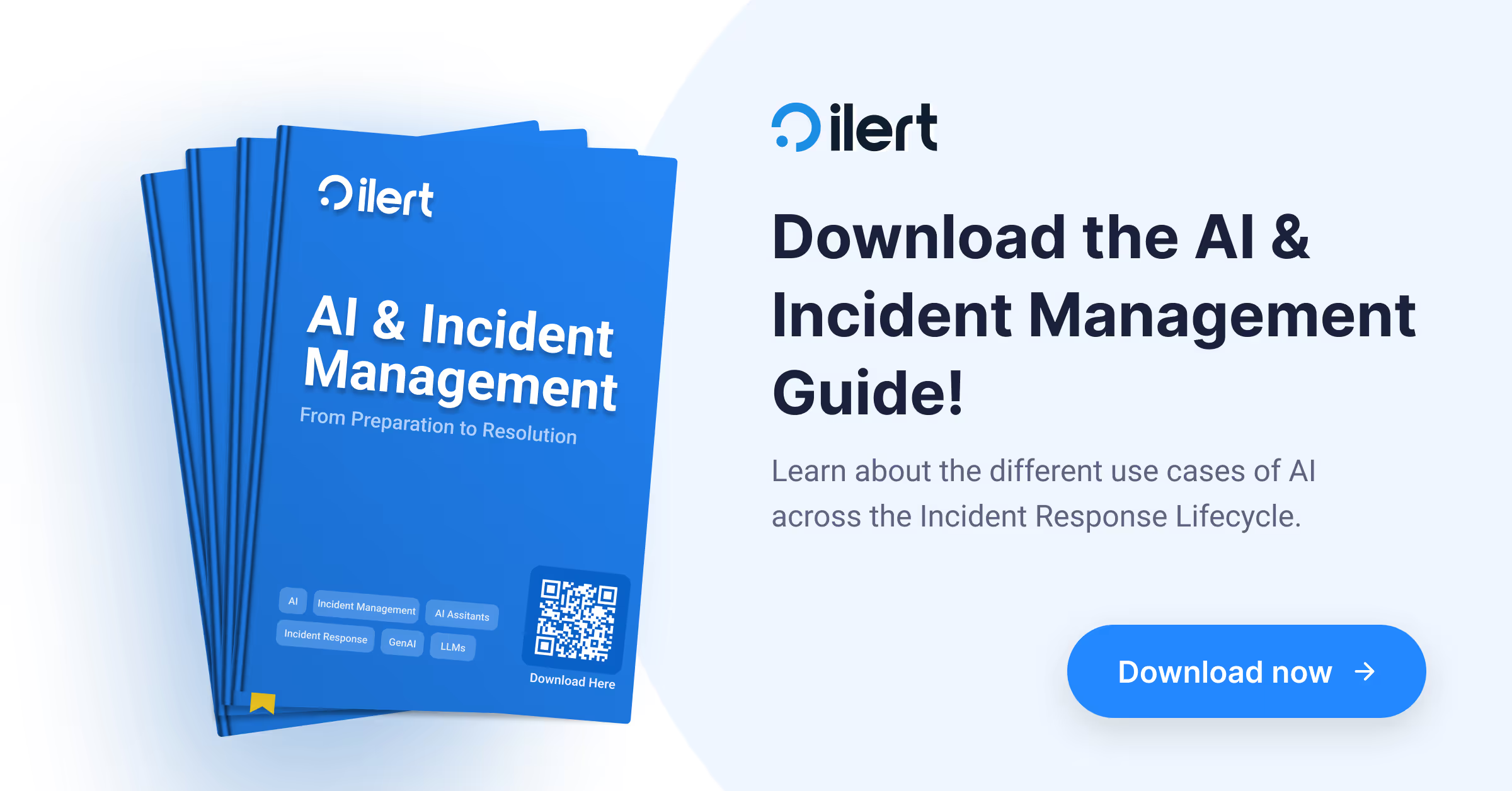Enhancing Postmortem Reports with AI

How AI Improves Postmortem Reports
Postmortem reports are essential in incident management, helping teams learn from past mistakes and prevent future issues. Traditionally, creating these reports was a slow, tedious process, requiring teams to gather data from multiple sources and piece together what happened. But with AI and Large Language Models (LLMs), this process can become faster, smarter, and much less of a headache.
AI-assisted postmortems streamline incident analysis by converting disparate data sources—such as chat logs, alert notifications, and historical incident records—into a cohesive, detailed event narrative. These models analyze massive amounts of data and highlight key moments like decisions made and actions taken, allowing teams to review incidents in detail. By automating what used to be a manual task, AI saves time and provides more accurate insights.
Leveraging LLMs for Efficient Postmortem Reporting
To begin, let's define LLMs. Large Language Models (LLMs) are advanced AI systems trained on extensive text data, enabling them to understand and generate human-like text. They transform complex information—such as chat logs, alerts, and incident reports—into clear, actionable narratives. LLMs work by converting text into numerical representations (embeddings), which help the model grasp relationships and context. This process used to involve hours of manual compilation, but AI now automates it, producing comprehensive reports swiftly.
LLMs analyze the data to highlight key elements like decisions made and actions taken, while also identifying patterns across multiple incidents. This allows for efficient postmortem reporting and provides valuable insights for improving processes, training, and system performance. By leveraging AI, organizations can streamline their incident management and ensure that no critical details are missed.

The Benefits of AI-Assisted Postmortems
ilert AI doesn’t just make the postmortem creation process faster — it adds a lot of value, too:
- Consistency: Every report follows the same structure and level of detail, making it easier to compare incidents and spot patterns over time.
- Unbiased: Because AI relies on data and facts, it removes personal biases, giving an objective and accurate view of the incident.
- Better Insights: AI can dig through a lot of data to uncover insights that might be missed in a manual review, giving a more complete understanding of the issue.
- Practical Recommendations: By looking at past incidents, AI can offer actionable steps to prevent the same thing from happening again.

ilert's AI-Generated Postmortem Reports
At ilert, we’ve harnessed the power of AI to deliver more efficient postmortem reporting. Our system integrates with your chat tools, like Slack and Microsoft Teams, and scans all incident related information, including alert details and timeline, to automatically generate postmortem documents, summarizing key details and offering actionable insights. Below is a sample postmortem report created by ilert’s AI.



















